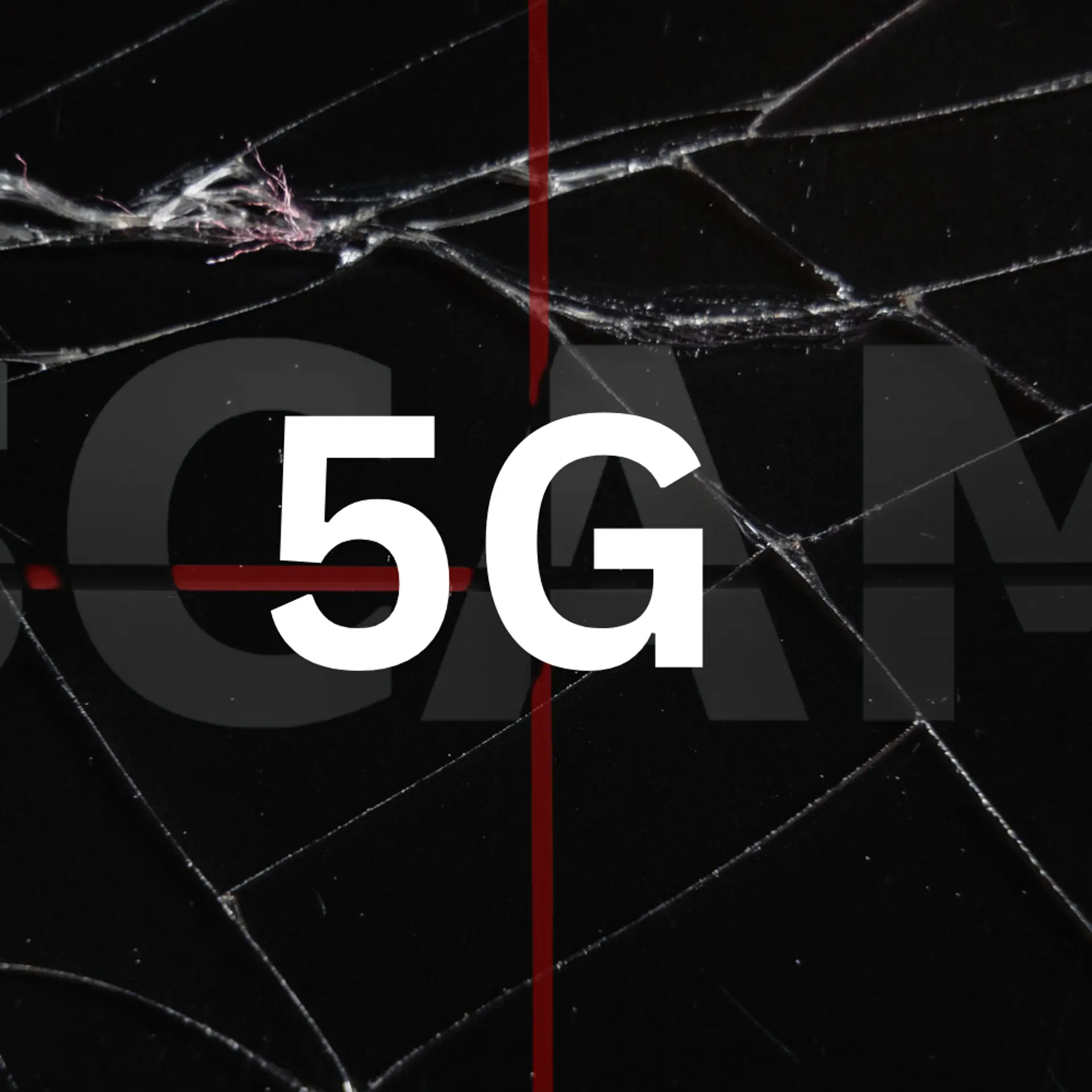BYJU’S lenders seek bankruptcy proceedings for US subsidiaries
The lenders’ push for bankruptcy proceedings follows a US Bankruptcy Court ruling in May, which found Riju Ravindran, the brother of Byju Raveendran, in contempt of court for not disclosing details of $533 million term loan proceeds.
In the ongoing dispute between BYJU’S and its lenders, some term holders and an agent of the term loan have filed petitions in Delaware Bankruptcy Court to initiate involuntary Chapter 11 bankruptcy proceedings against the edtech startup's subsidiaries Epic, Tynker, and Osmo.
The lenders in a statement said that the move seeks to protect and maximise the value of BYJU’S US-based operating entities for the benefit of all stakeholders and prevent further diversions of assets and corporate mismanagement.
“Among other important goals, we have taken this action to protect and preserve the value of Epic!, Neuron Fuel, and Tangible Play. We remain committed to their success and stand ready to infuse the capital necessary to reorganise the businesses,” the ad hoc group of term loan lenders added.
YourStory has reached out to BYJU’S for comments.
BYJU’S acquired Osmo in 2019, followed by Epic and Tynker in 2021. The three firms are US-based guarantors of BYJU’S $1.2 billion term loan B (TLB).
Last year, the Byju Raveendran-led company began exploring the sale of two of its assets, Epic and Great Learning, aiming to generate at least $800 million to repay the debt associated with the TLB owed to its lenders. However, the sales have not occurred.
The lenders’ push for bankruptcy proceedings follows a US Bankruptcy Court ruling in May, which found Riju Ravindran, the brother of Byju Raveendran, in contempt of court due to his refusal to disclose or confirm the whereabouts of the $533 million from term loan proceeds.
In 2021, BYJU’s Alpha, Inc., a US subsidiary of BYJU’S, received funds from the $1.2 billion TLB. In 2022, under Ravindran’s control, BYJU’S Alpha transferred $533 million of the loan proceeds to Camshaft Capital Fund, LP, a hedge fund established by William Morton.
In March 2023, Ravindran transferred BYJU’S Alpha’s LP interest in Camshaft Capital Fund to Inspilearn LLC. Subsequently, it was moved again and ultimately redeemed by an undisclosed entity in February 2024.
In February, BYJU'S Alpha filed for Chapter 11 bankruptcy proceedings in the US Court of Delaware. A month later, the edtech firm said the funds from the $1.2 billion TLB are held by its wholly-owned subsidiary located outside the US.
The ongoing TLB dispute represents one of the many challenges facing the edtech company. In January, lenders of BYJU’S, who collectively own over 85% of its $1.2-billion TLB, lodged an insolvency petition against the firm with the National Company Law Tribunal (NCLT).
Meanwhile, US-based asset management company Baron Capital Group has reduced the valuation of its stake in BYJU’S by 99.85% as of March 31, 2024. The decline in Baron Capital’s investment value in the edtech company reflects a valuation of about $24 million for BYJU’S. This aligns with the edtech firm’s valuation concerning its $200 million rights issue.
Besides a severe liquidity crunch, BYJU’S is locked in a tussle with a clutch of prominent investors, including Prosus, General Atlantic, Chan Zuckerberg Initiative, and Peak XV, which have sought to void the $200-million rights issue initiated in January by appealing to the NCLT.
BYJU’S is also engaged in a legal dispute with some of its investors in the Karnataka High Court.
Edited by Affirunisa Kankudti







